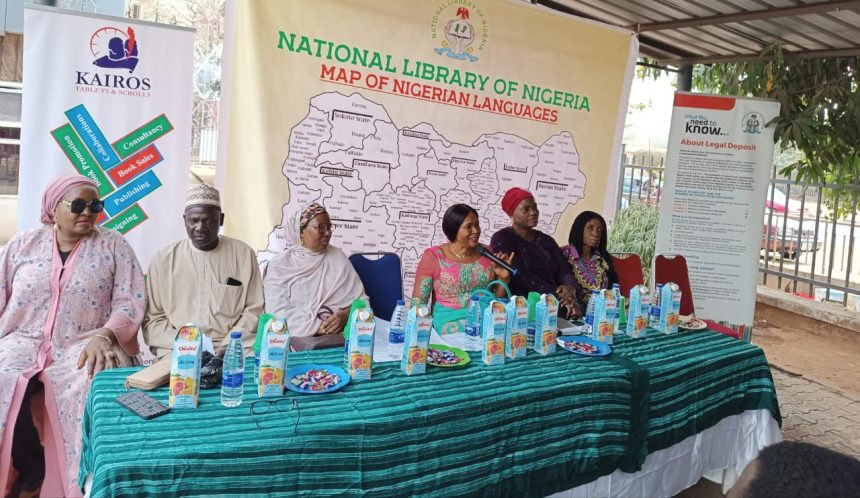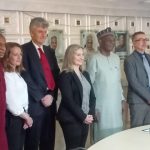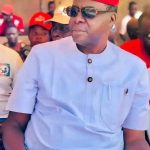Prof. Chinwe Anunobi, the National Librarian/Chief Executive Officer (CEO), National Library of Nigeria (NLN) says NLN has engaged communities across the country to create Nigerian Languages Map, to preserve the mother languages.
Anunobi disclosed this in Abuja on Wednesday at the commemoration of the 2024 International Mother Tongues Day with the theme “Multilingual Education is a Pilar of Learning and Intergenerational Learning’’
She said in the National Library’s efforts to preserving the mother languages, it engaged communities in all the states to collate and create a ‘Nigerian Language Map’.
According to her, this is not just the map of Nigeria, but much more as it contains the languages spoken in each state.
“This map will be printed and placed in our reading halls, as a reference material in all our state branches.
“In addition to that, we are working as we speak, on a compendium of the alphabets and numerals of our indigenous languages.
“We consider this as the very first and critical step towards the preservation of our languages,” she said.
She expressed concern over the rate at which languages were going into extinction, saying “when your language goes into extinction, it is your culture that has gone into extinction’’
According to her, the language of each culture is the prime feature of that culture, hence the need to preserve it.
National librarian called on stakeholders to take steps towards the global quest for the revitalisation, preservation and promotion of the world’s indigenous languages.
She expressed the need to avert speedy disappearance of languages particularly the indigenous ones.
“Arising from the concern that at least one language dies every two weeks, UNESCO in 1999 designated the 21st of February every year as mother language day.
“Furthermore, the United Nations leveraged and expended on that by designating the period 2022-2032 as the International Decade for Indigenous Languages with a view to revitalise, protect, preserve and promote indigenous languages for sustainable development.
“Consequently, four major outcomes are expected from these global engagements: learn, teach and transmit; establish a global priority and foster commitment by all stakeholders.
“Ensure legal recognition of indigenous languages by member states; and provide enabling environment to enhance functional usage of indigenous languages.
“Nigeria is fully committed to these outcomes hence the Ministry of Education directing that children will be taught in basic schools using the language of their communities,” she added.
Also speaking, Kairos Tablets and Scrolls representative, Mr Kabura Zakama, whose organisation held a Storytelling Languages Competitions for Nigerian students in the FCT, underlined imperialism as one of the major ‘killers’ of indigenous languages.
According to him, imperialism imposes another culture and language on other people, creating amongst the conquered the mentality that “speaking English is good, whereas speaking indigenous language is bad.”
He noted that while western imperialism may not have had much socio-cultural impact on northern Nigerian like in the southern parts, language-wise, it has impacted the north via the ‘Imperialisation of Hausa Language on the north’.
He said this has led to resurgence of languages of the northern regions.
“There is that imperialism of the Hausa Language which is invading very part of the north, and people are now being conscientised to revive their mother tongues to break free from Hausa Language.
” If you look at the map, you see many other languages in one state. Now, they are trying to come up with their own languages, be proud of their own languages and not just rely on Hausa Language,” he said.(NAN)












